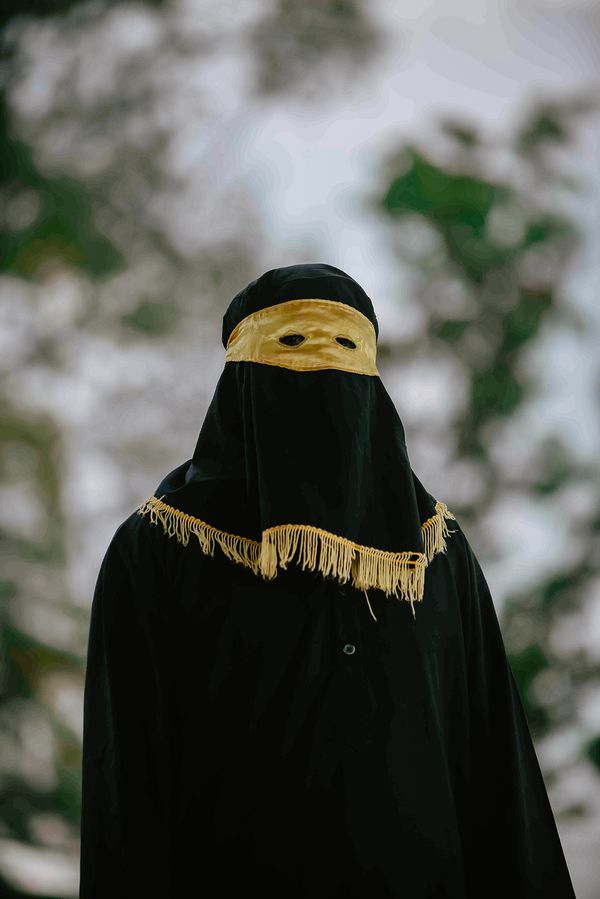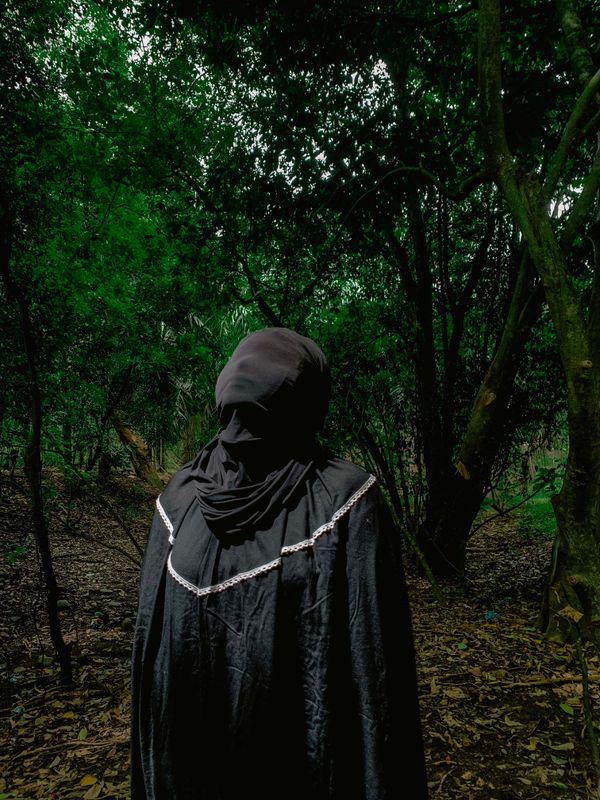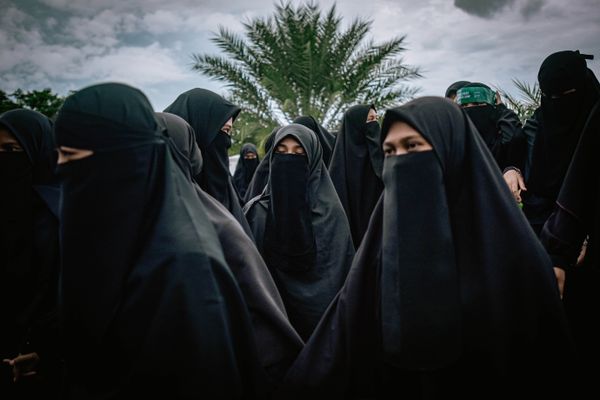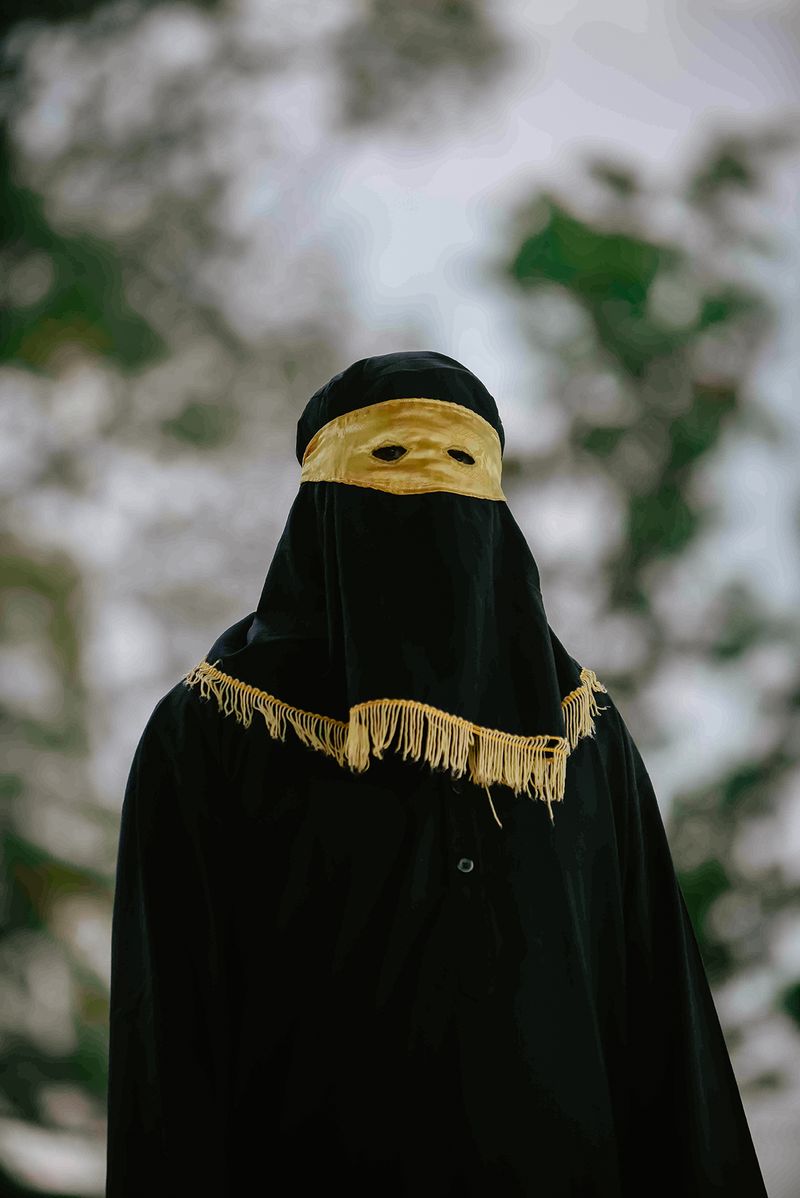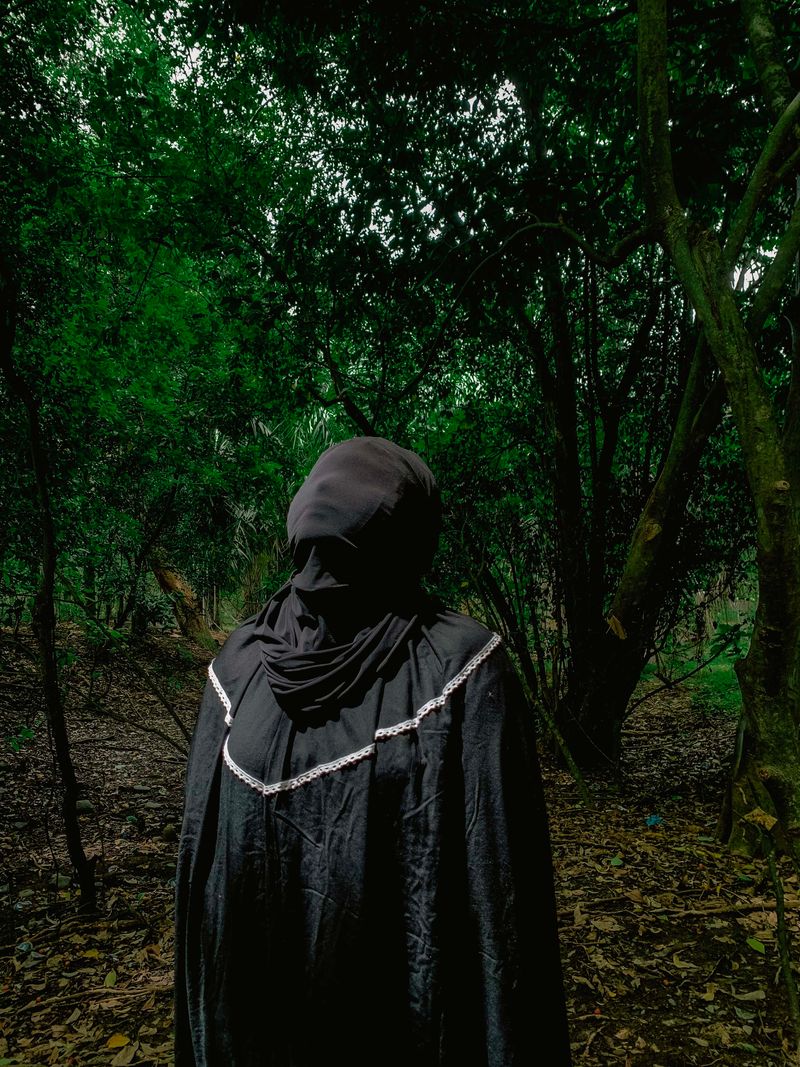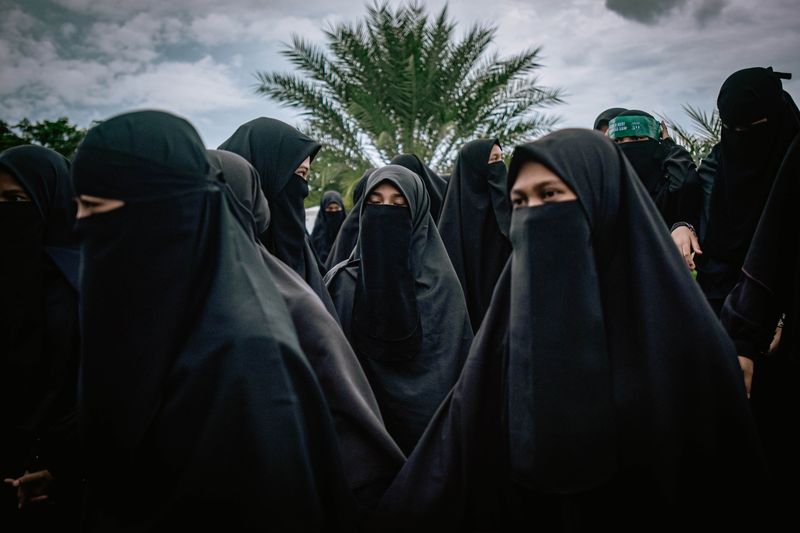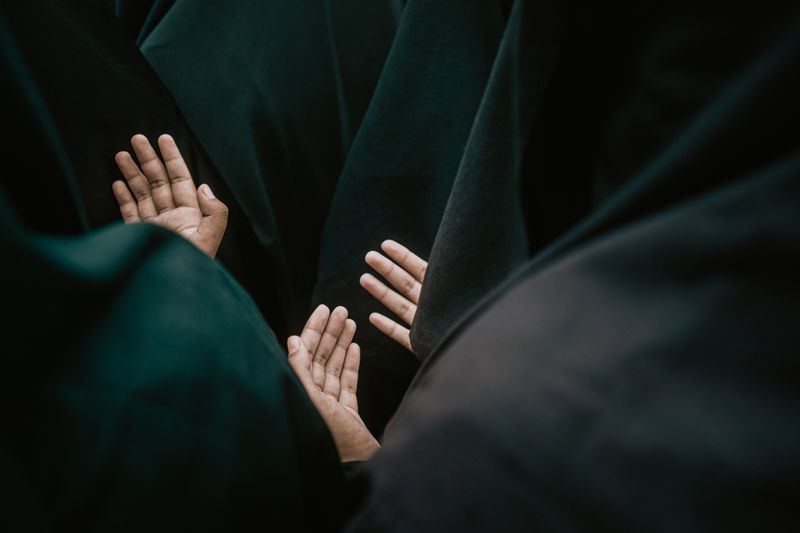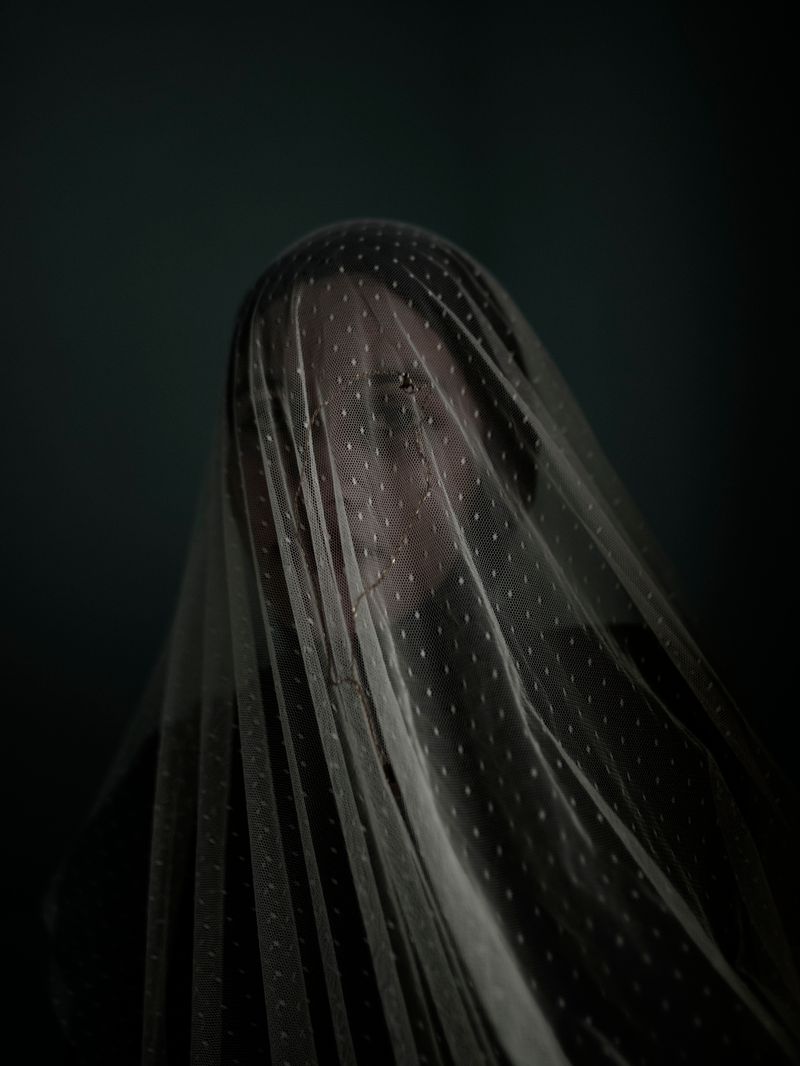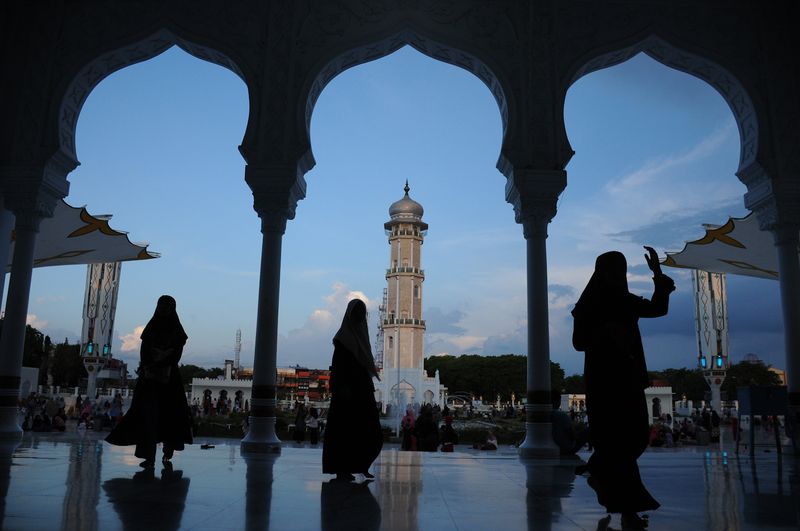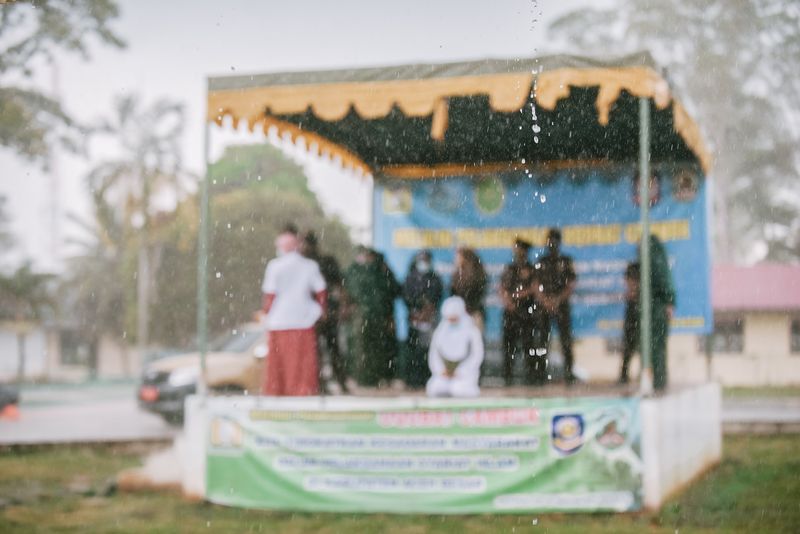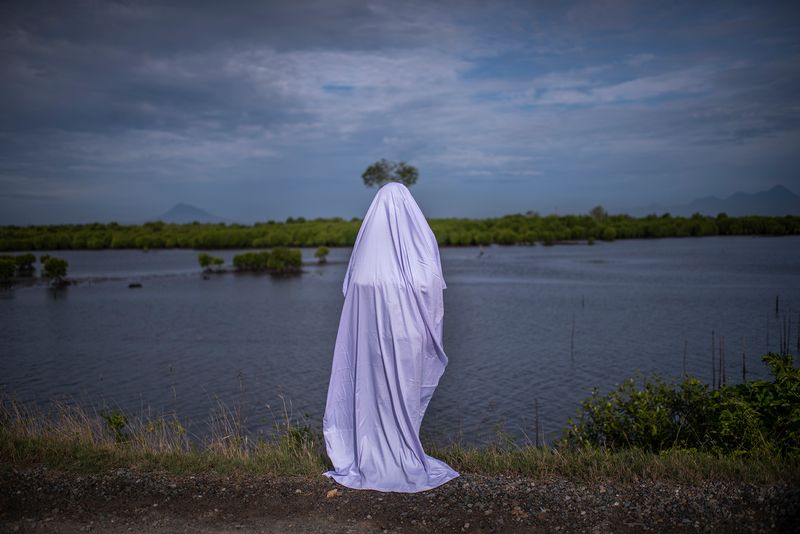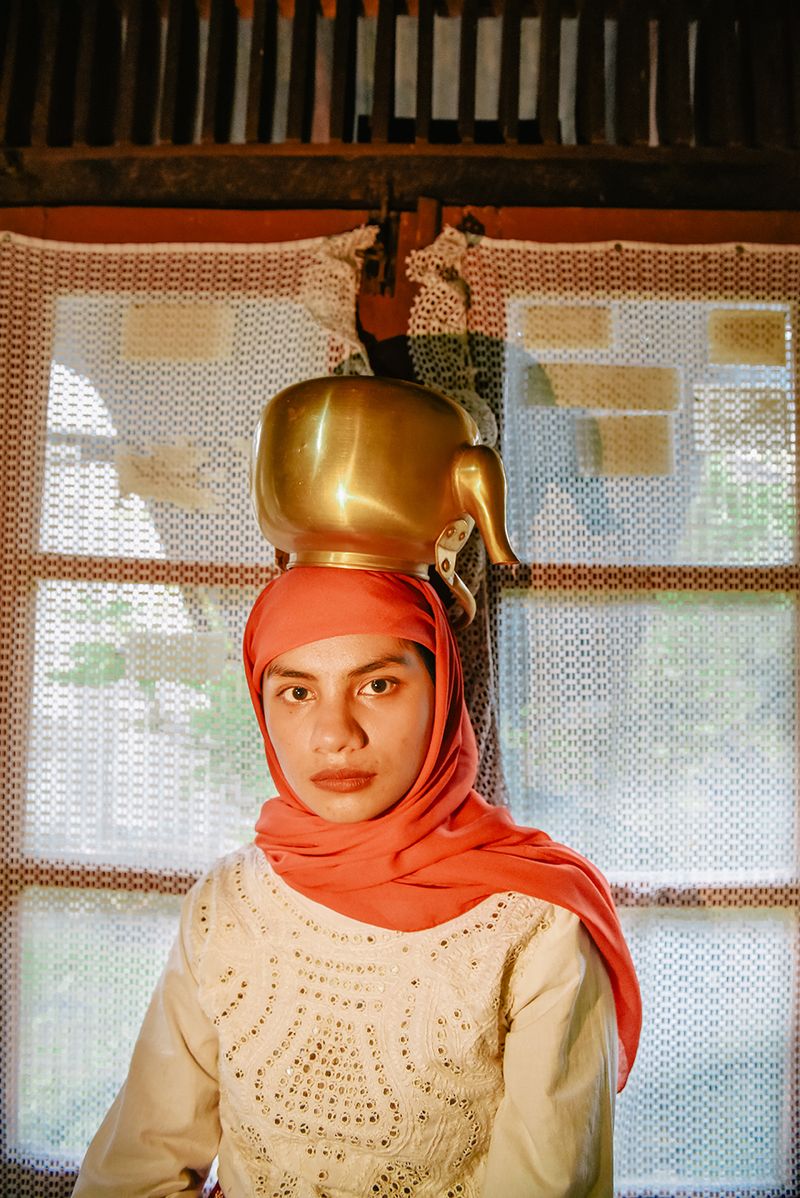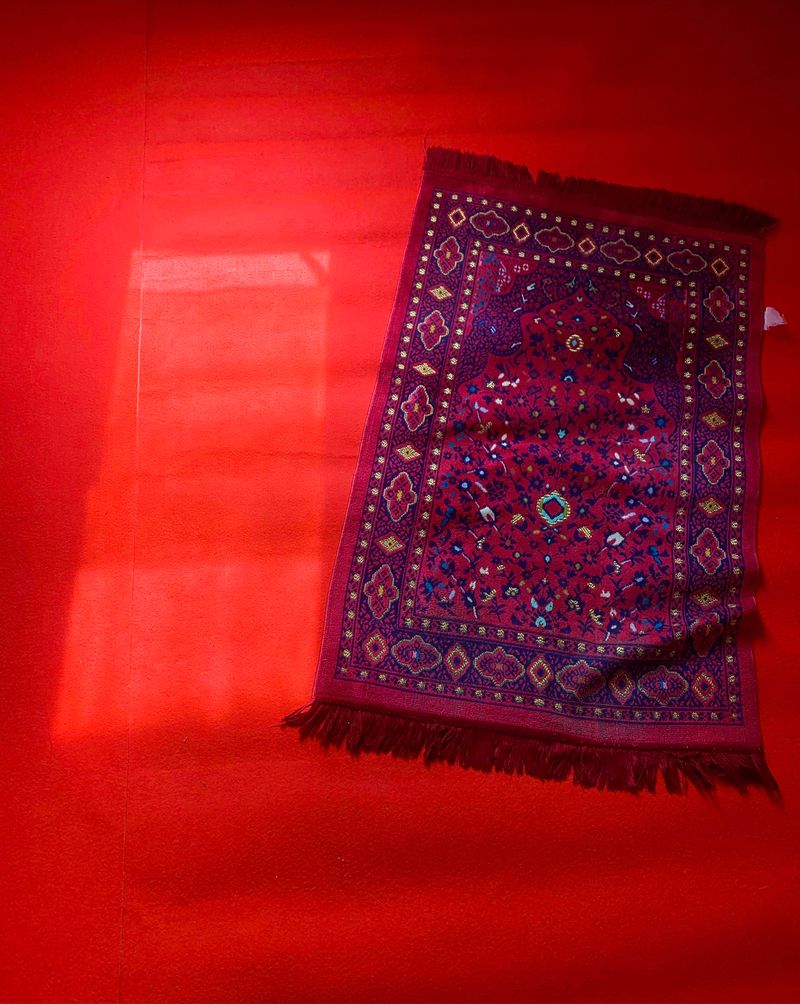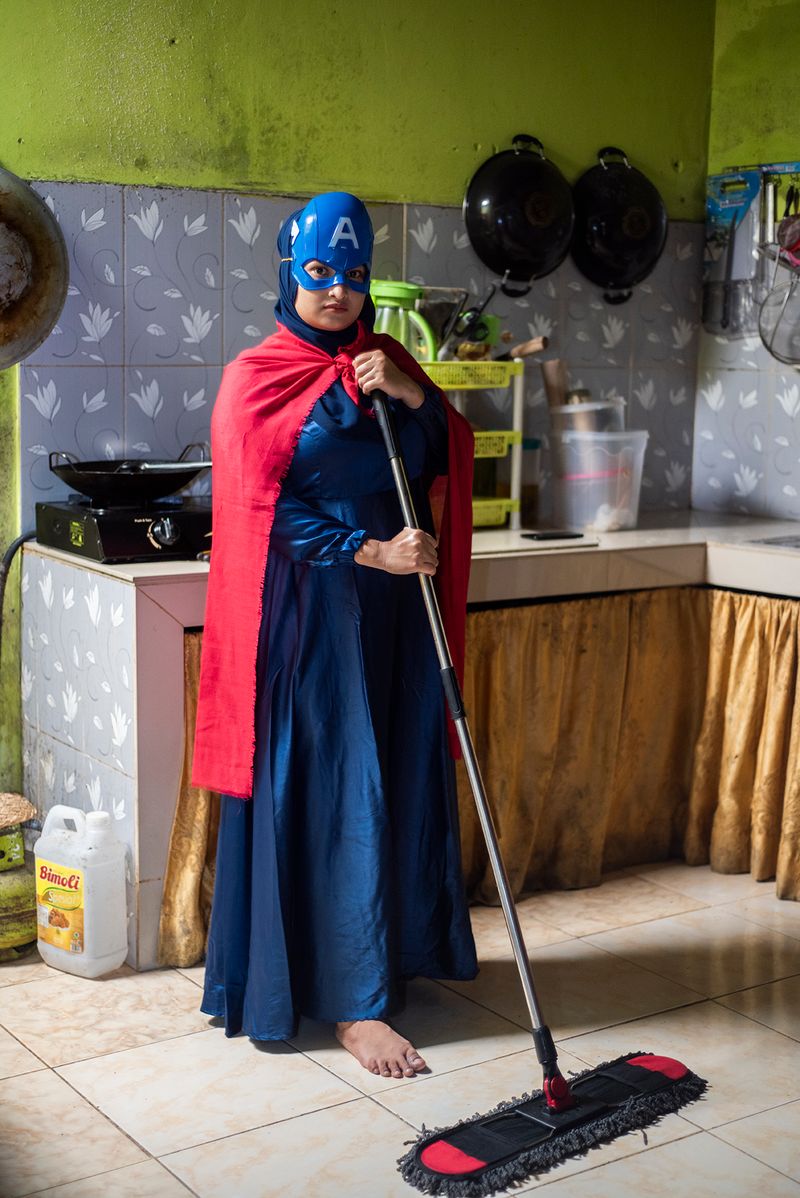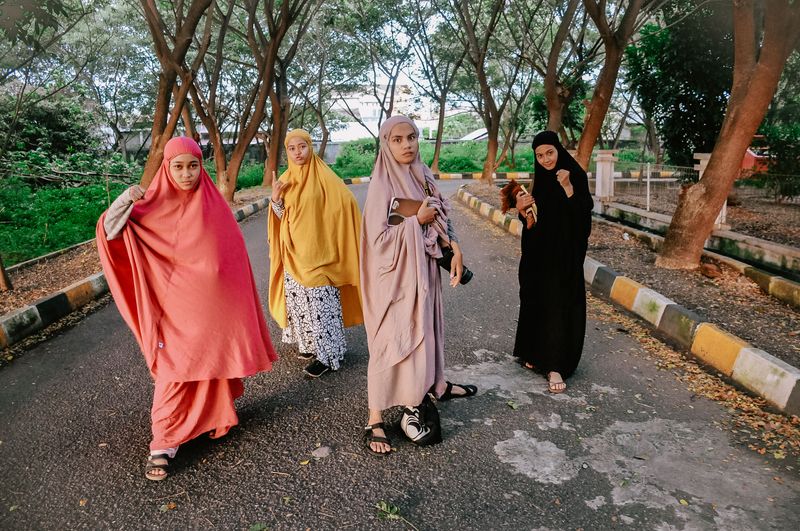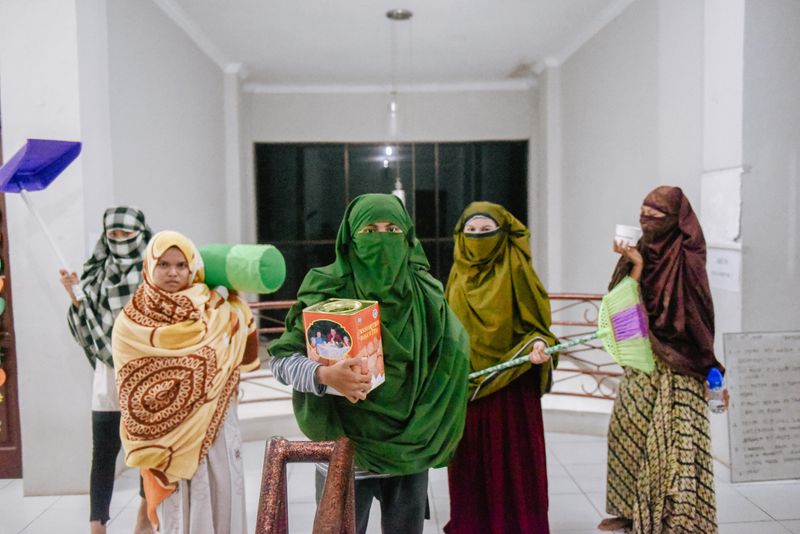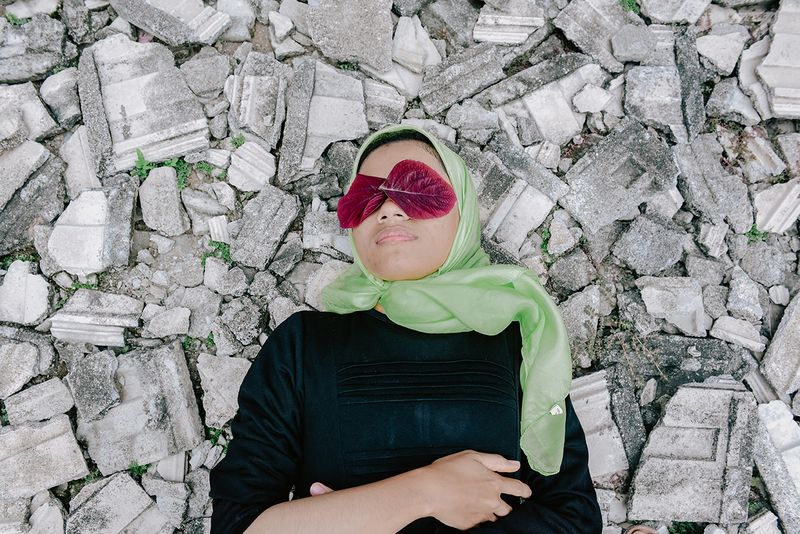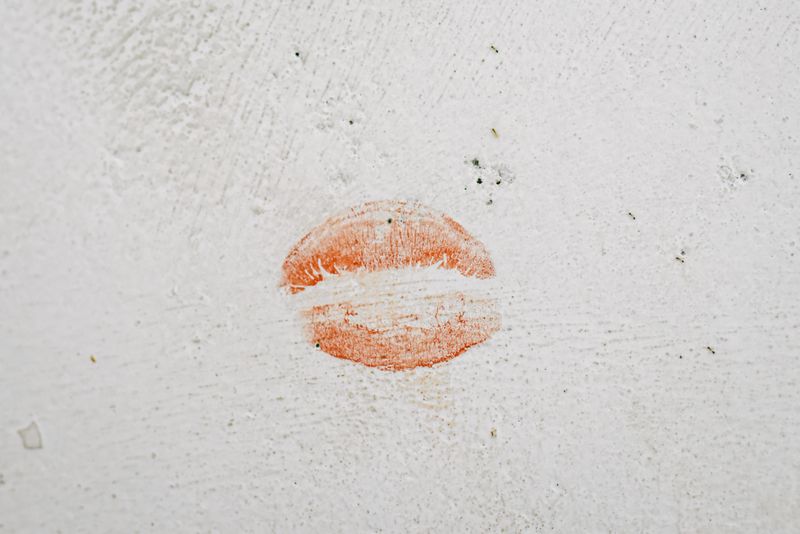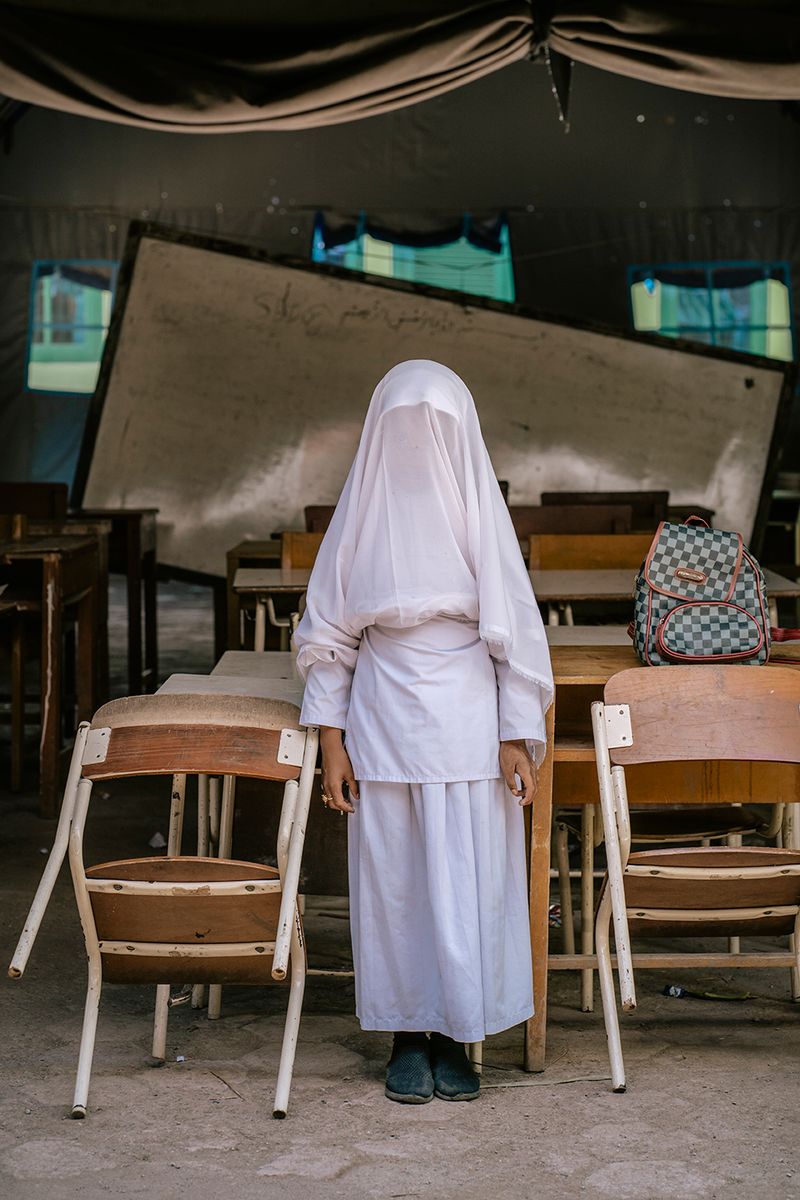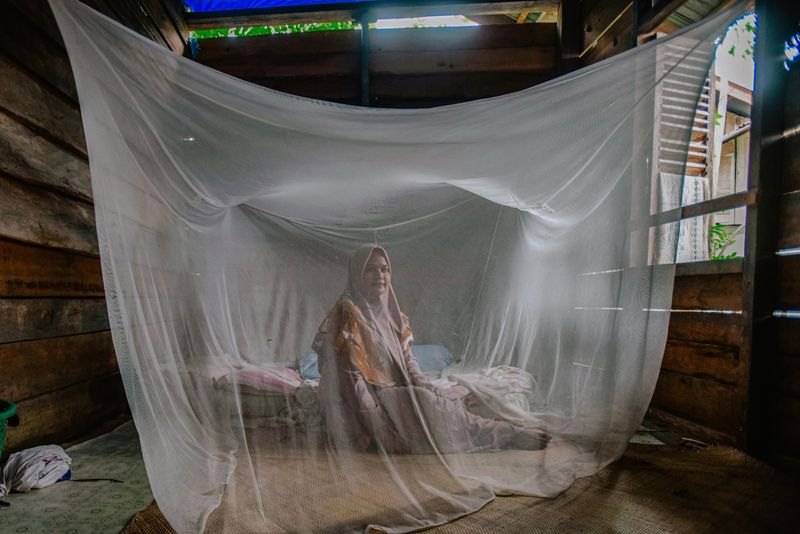This Is Us (?)
-
Dates2019 - Ongoing
-
Author
- Topics Contemporary Issues, Documentary, Portrait, Social Issues
- Locations Banda Aceh, Indonesia
As a woman who lives in Aceh, I see Aceh as a contrast to other regions. The implementation of Islamic sharia brings the lives of the Acehnese people close to Islamic culture. The legal basis for implementing Islamic law in Aceh is Law No. 44 of 1999 and Law No. 18 of 2001, as well as Qanun, which regulates Islamic law. Since then, Acehnese women have been required to wear the hijab. Leaflets declared some locations "required hijab areas" and all government and private agencies, schools, and colleges required women to wear the hijab. At that time, there was no other choice for Acehnese women to wear the hijab. Sweeping and checking to find women who are not veiled is carried out by government agencies and the sharia police. Every man or person "in power" feels entitled to judge women.
Some women's activities at night are also limited. With the excuse of applying Islamic sharia, government institutions also issue appeals that are detrimental to women. such as restrictions on women's activities in public spaces. The social demands of the implementation of Islamic sharia also limit the space for women to move. In a narrow interpretation of Islamic sharia, women have become the first victims. It is as if regulating women's hijab is a symbol of Islam and the main thing that must be arranged first.
In the application of sharia, men and women alike now have to cover their bodies according to the standards set by Islam. State institutions also ordered congregational prayers and banned all forms of immorality in Aceh, including gambling, prostitution, and alcohol. Customers of hotels and salons in Aceh are now prohibited from accepting guests of the opposite sex other than their relatives. Inspections are carried out periodically to ensure compliance. All personal worship is regulated by the state. And the punishment is whipping.
The inspections carried out by the 2,500 sharia police deployed to enforce Islamic law and the military's interference in religious matters contribute to an already overly militaristic society. Moreover, women are the first targets.
In a conservative society, feminist ideas are important to talk about. My goal is to improve the way women are treated. and claiming equal rights for men and women
I explored the lives of women in Aceh through the medium of photography with a conceptual approach. It shows how Acehnese women's tactics amidst non-ideal situations. as well as describing the social dynamics of the Acehnese people in the implementation of Islamic sharia. Starting from the closest people, such as friends and family, In the form of a conceptual portrait, I do not remove the natural landscape from the surroundings. I think that element is important to show the reality of the subject's life.
